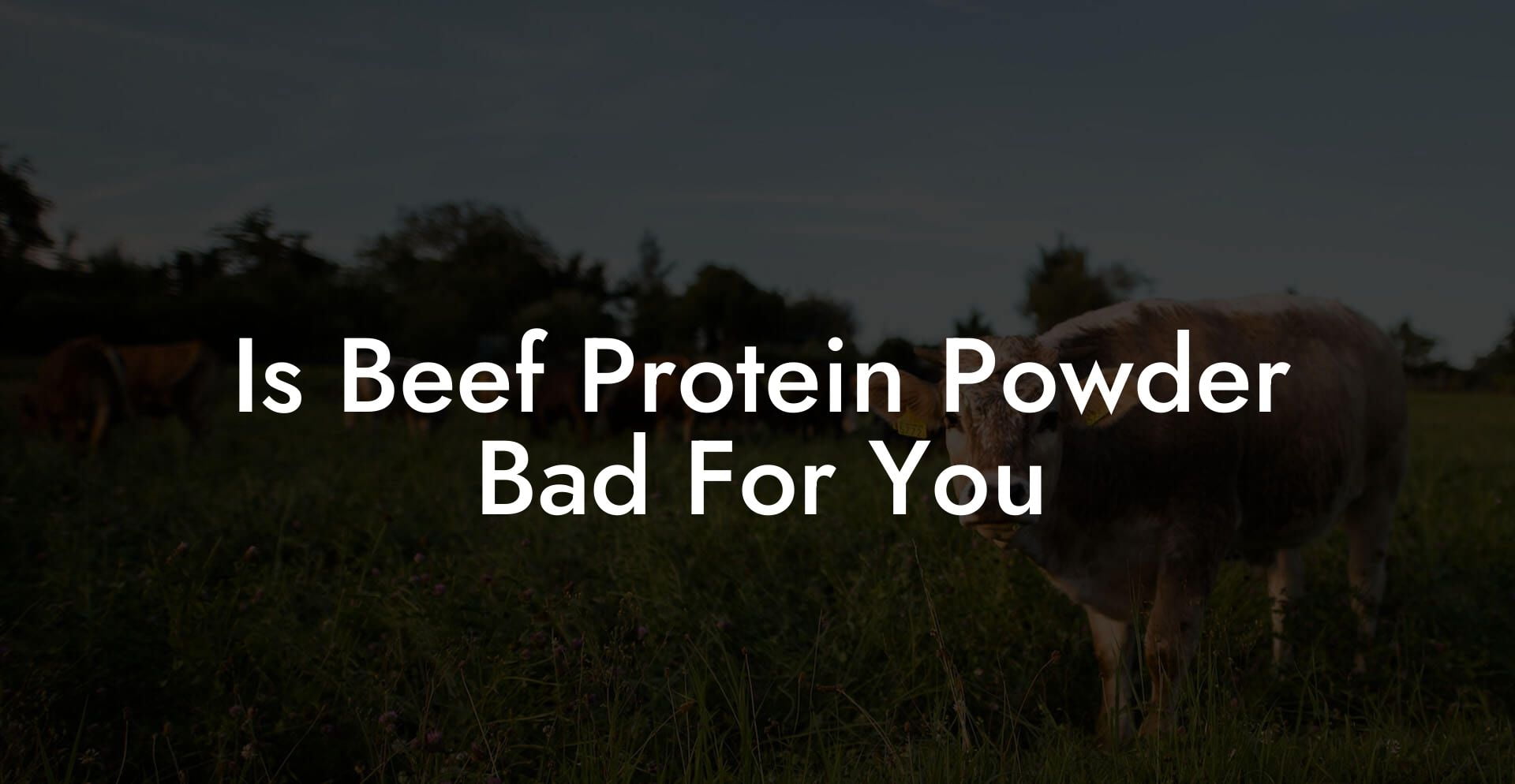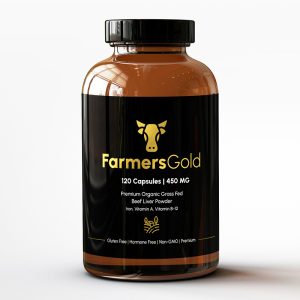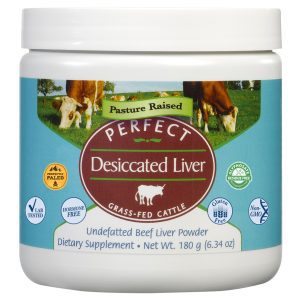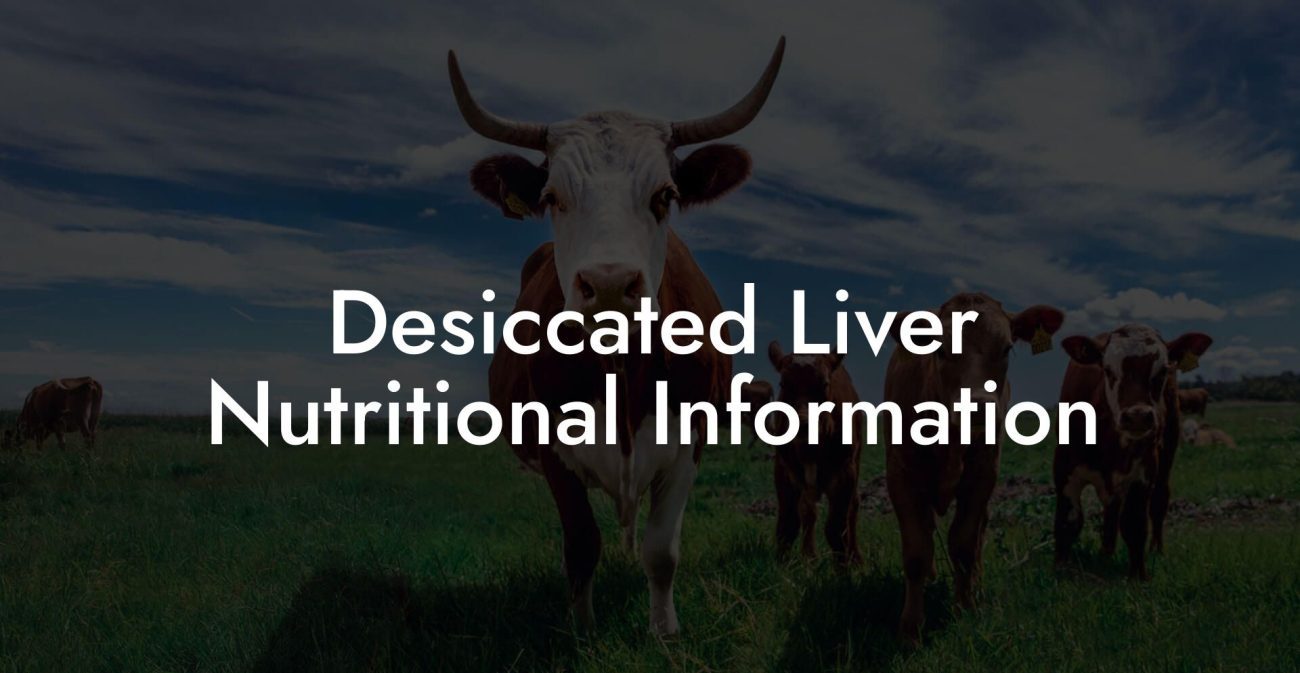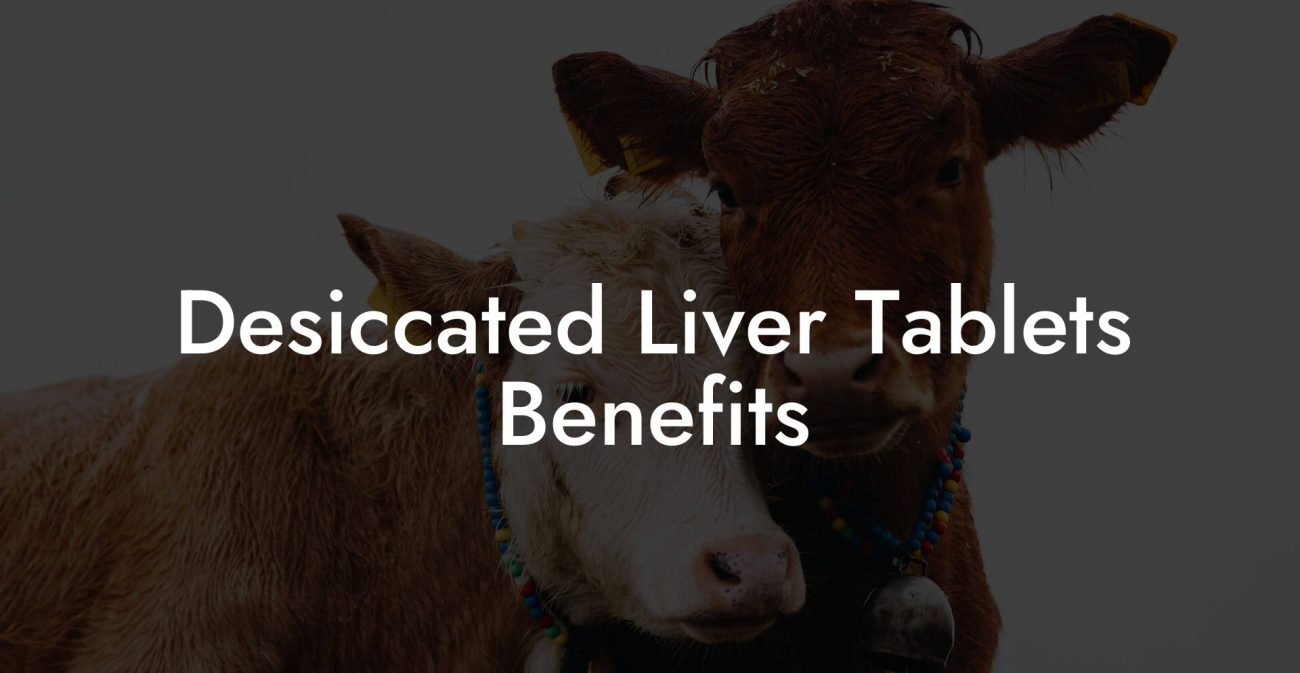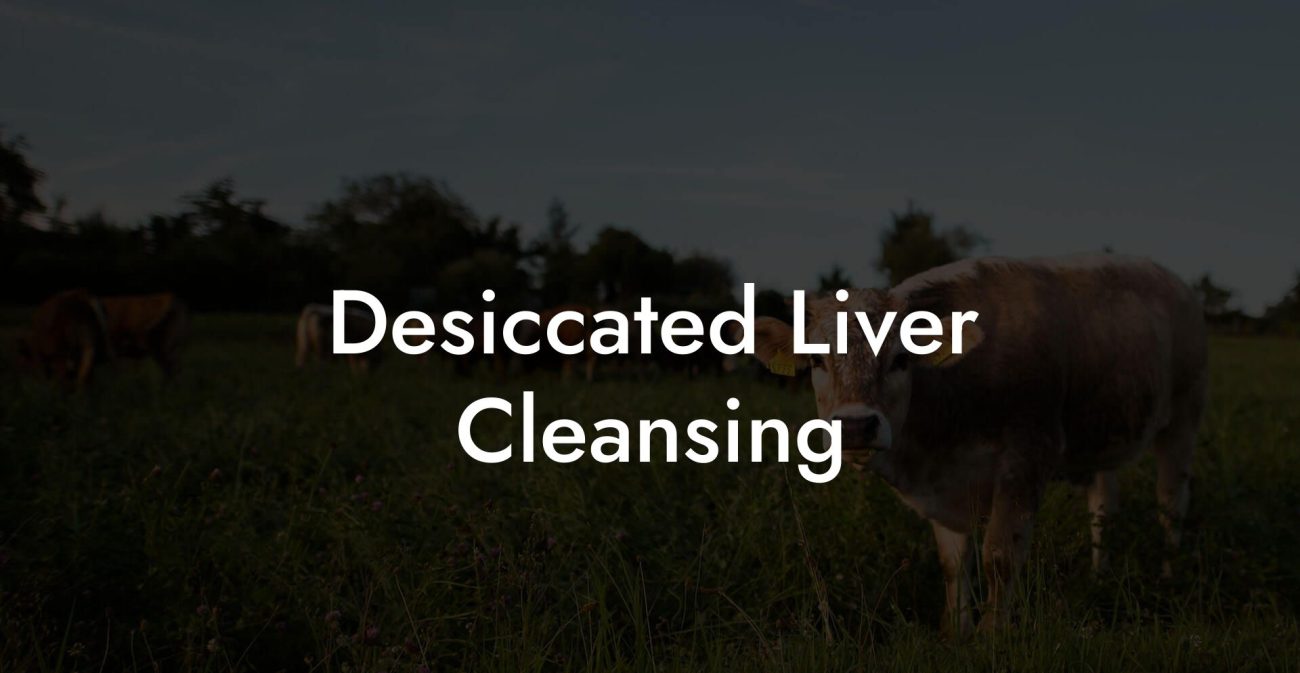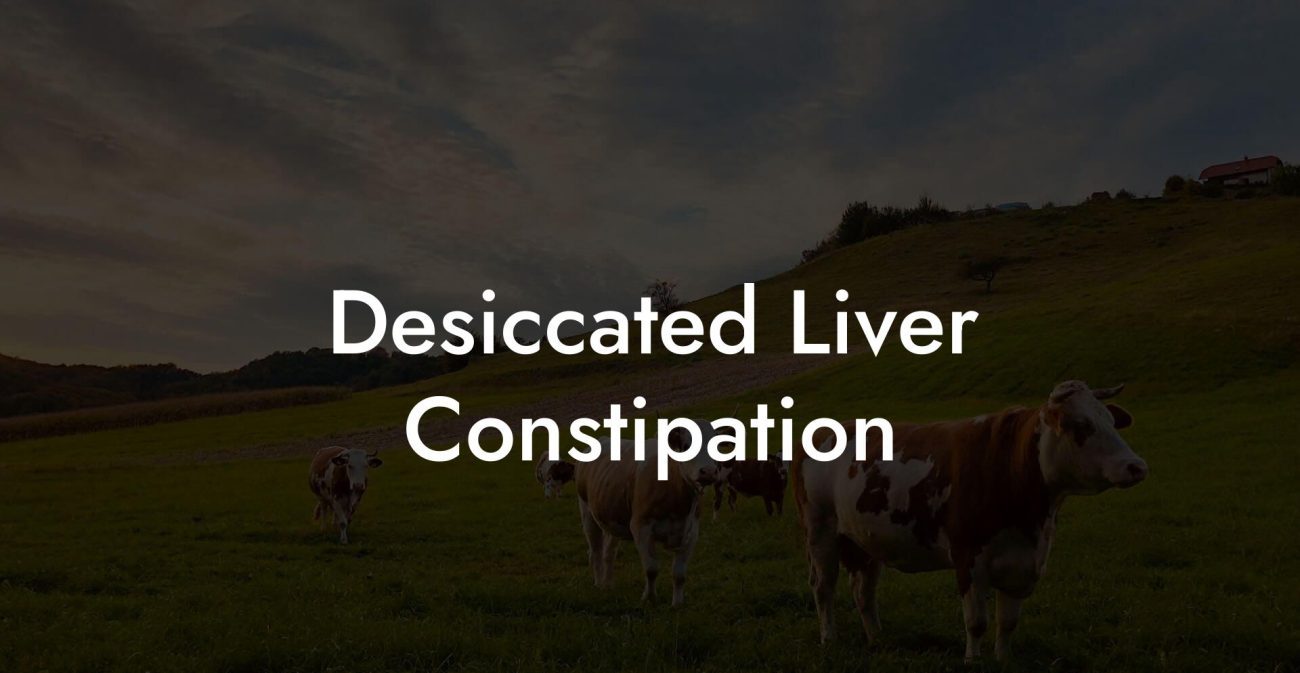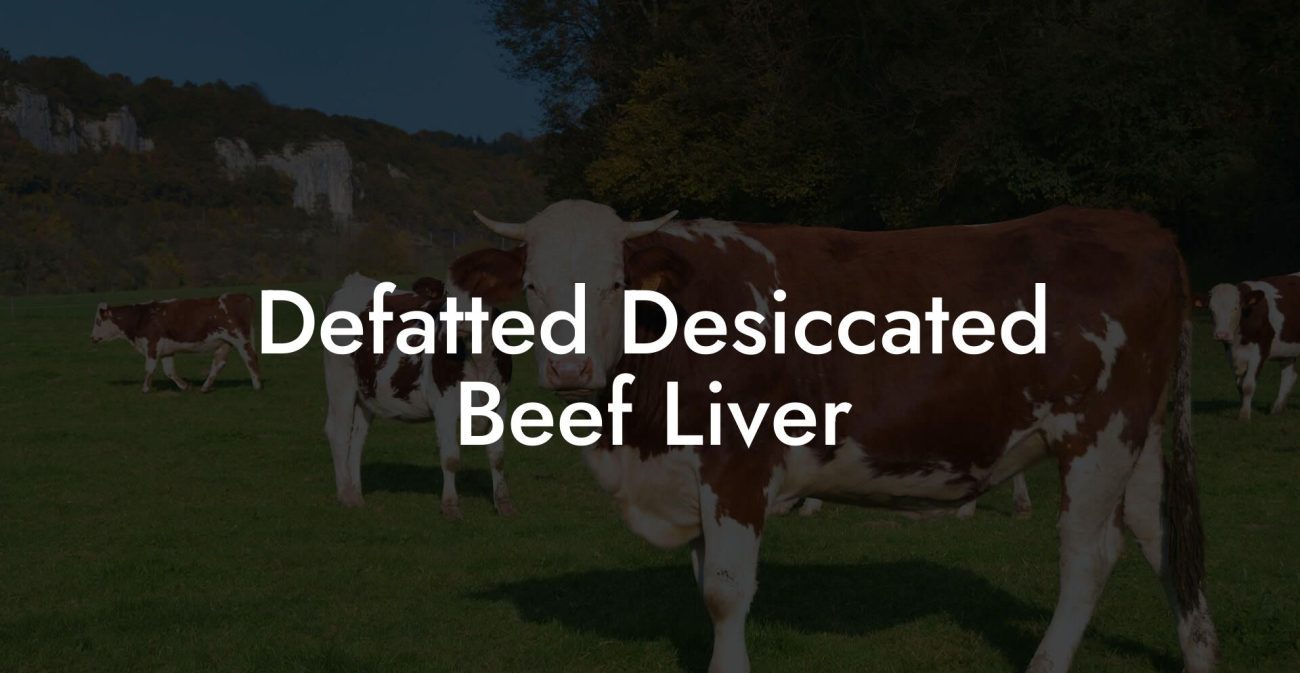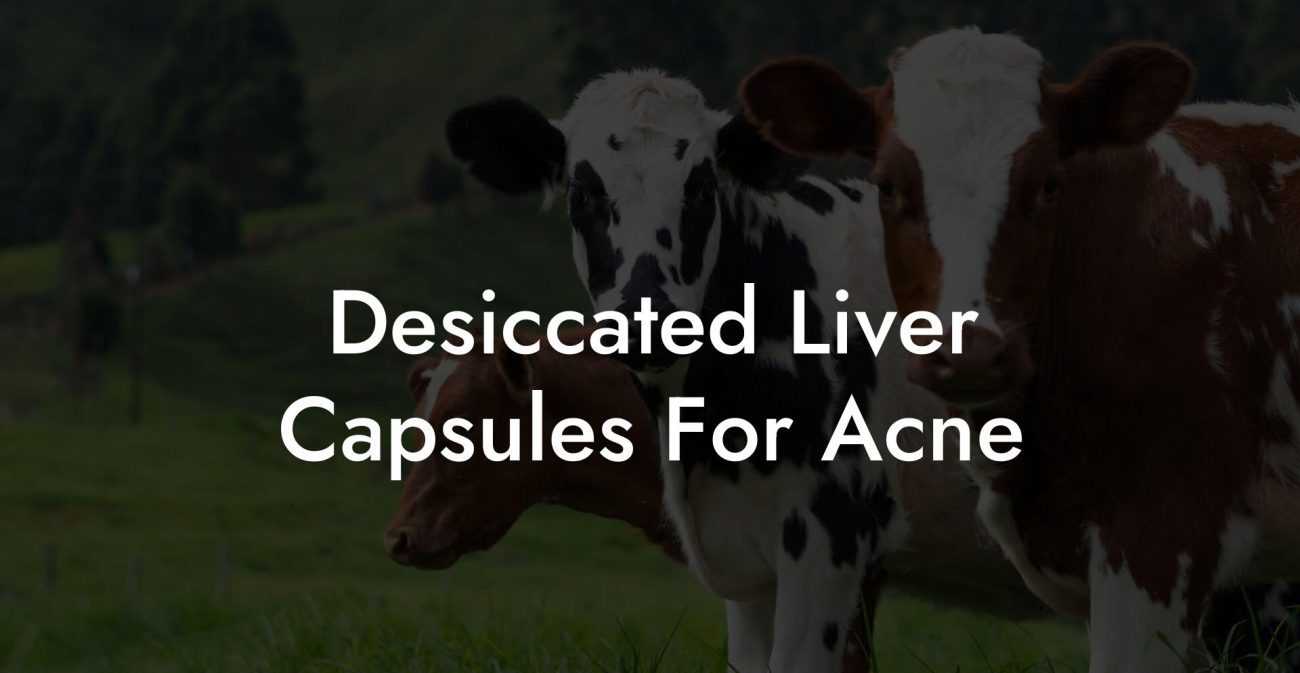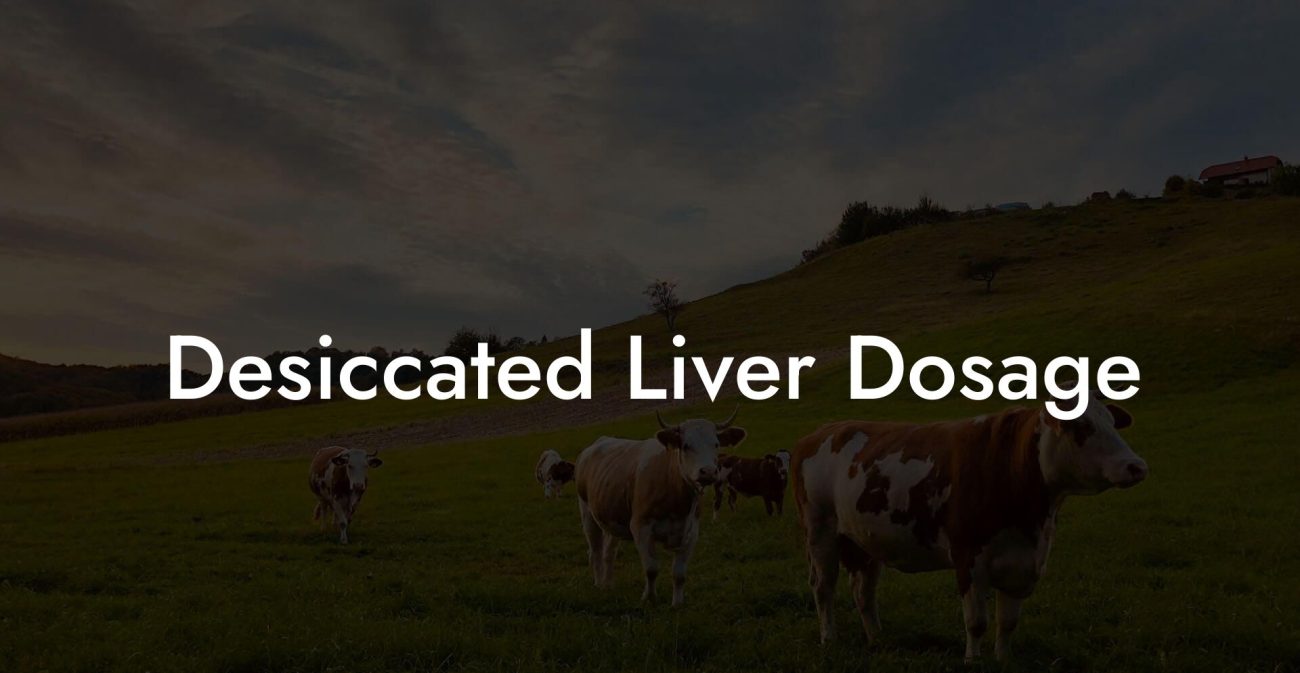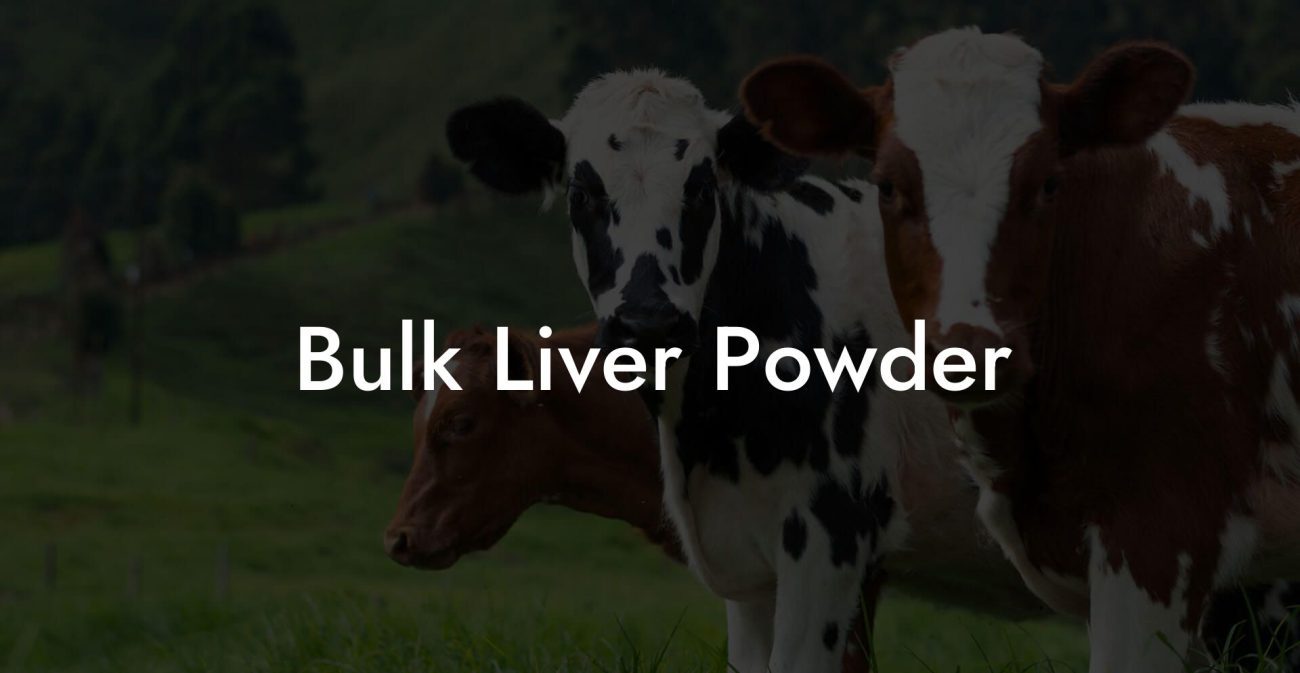Beef protein powder has become increasingly popular as a dietary supplement among fitness enthusiasts, bodybuilders, and individuals looking to improve their health. But with growing popularity comes a growing number of concerns, rumors, and myths about whether beef protein powder is bad for you. This article aims to provide an in-depth look at the truth behind these misconceptions and reveal the science-backed benefits of incorporating beef protein powder into your diet.
Looking For Beef Liver Powder Supplements?
Is Beef Protein Powder Bad For You Table of Contents
Myth 1: Beef protein powder is full of harmful hormones and antibiotics
Reality: Not all beef protein powders are created equal. The concern around hormones and antibiotics stems from the use of these substances in factory farming, particularly when it comes to cattle production. However, many reputable manufacturers use high-quality sources of beef protein, derived from grass-fed, hormone-free cattle. When shopping for a beef protein powder supplement, make sure to look for labels specifying that the product is made from grass-fed cows and hormone-free.
Myth 2: Beef protein powder is bad for your kidney and liver function
Reality: The idea that protein supplements can negatively impact kidney and liver function has been a common assumption for years. However, multiple scientific studies have found no significant evidence to support this claim. In fact, a systematic review of research conducted on protein intake and kidney function concluded that there was no correlation between high protein intake and impaired renal function in healthy individuals. As long as you are an otherwise healthy individual with no existing kidney or liver issues, consuming beef protein powder should not pose any health risks.
Myth 3: Beef protein powder contributes to heart disease
Reality: While it is true that consuming excessive amounts of red meat may contribute to an increased risk of developing heart disease, beef protein powder is an entirely different story. The manufacturing process of beef protein powder isolates the protein content from the rest of the meat, leaving little to no fat or cholesterol in the final product. This means that using beef protein powder will not have the same impact on your heart health as consuming high amounts of fatty red meats.
Is Beef Protein Powder Bad For You Example
To provide a realistic example, let’s take a look at John, a 30-year-old man who regularly goes to the gym and opts to include beef protein powder in his diet. He has no prior medical history related to kidney, liver, or heart issues. For John, a grass-fed, hormone-free beef protein powder may:
1. Enhance muscle growth and recovery: The rich amino acid profile of beef protein powder, including leucine, can help to promote muscle growth and accelerate recovery after strenuous workouts.
2. Boost immune function: Beef protein powder contains essential amino acids and minerals that can support the immune system, protecting John from illness and infection.
3. Improve overall nutrition: Supplementing with beef protein powder may fill any potential gaps in protein intake from John’s diet, ensuring he meets his daily protein requirements.
So, is beef protein powder bad for you? The answer lies in the quality of the product and your individual health status. When sourced from grass-fed, hormone-free cows, beef protein powder offers an array of potential health benefits without posing significant risks to your kidney, liver, or heart health.
We hope this article has debunked the most common myths surrounding beef protein powder and provided a clearer understanding of its potential place in a healthy diet. Don't forget to share this post with friends and explore our other beef liver powders blog posts for more insights on the wonders of this superfood supplement. Happy lifting!
Looking For Beef Liver Powder Supplements?

